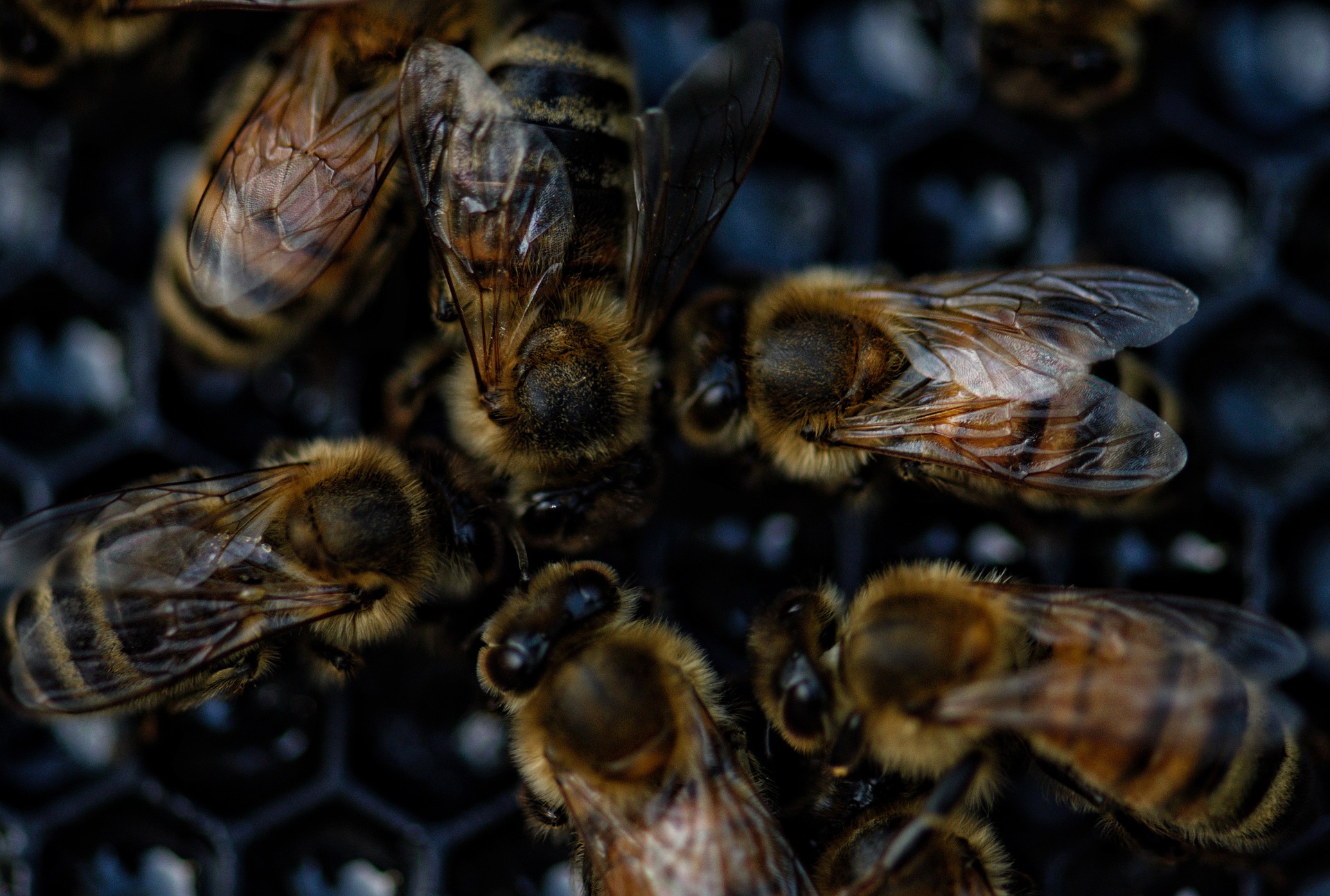The Holistic Benefits of Urban Beekeeping
Urban beekeeping is buzzing with potential. Not only does this practice promote biodiversity in cities, but it also offers a unique way for city dwellers to connect with nature. This article unravels the history, current trends, and the impact of urban beekeeping on our environment and economy.

The Historical Roots of Urban Beekeeping
The art of beekeeping, or apiculture, dates back to ancient times. Egyptians were among the first to domesticate bees, as far back as 2400 B.C., using clay pots as hives. Beekeeping, however, wasn’t confined to rural areas; it flourished in cities too. Paris, for example, was home to a thriving beekeeping community in the 19th century. Today, this tradition has been revitalised, with cities across the globe adopting policies to encourage urban beekeeping.
Urban Beekeeping in the Modern World
Over the past decade, urban beekeeping has seen a significant surge in popularity, becoming a trendy hobby for many city dwellers. Cities like London, New York, and Vancouver now have regulations in place to support urban apiaries. This practice has proven beneficial for city ecosystems, helping to pollinate urban green spaces and increasing biodiversity. Additionally, urban bees are found to produce more honey than their rural counterparts due to the higher diversity of plants in cities.
The Economic Impact of Urban Beekeeping
While beekeeping might seem like a hobby, it has substantial economic implications. The sale of honey and other bee products can provide an additional income stream for urban beekeepers. Moreover, urban beekeeping promotes local economies by increasing demand for locally-produced honey. The global market for honey is expected to reach USD 10.34 billion by 2025, with urban-produced honey carving out its niche.
Urban Beekeeping and Environmental Conservation
Urban beekeeping plays a crucial role in environmental conservation. Bees are vital pollinators, and their decline has significant implications for our ecosystems and food production. However, cities provide a haven for bees, largely free from the pesticides and monocultures that harm them in rural areas. By fostering healthy bee populations, urban beekeeping contributes to biodiversity and helps mitigate the effects of bee decline.
The Future Outlook for Urban Beekeeping
The future of urban beekeeping looks promising, with increasing recognition of its benefits and growing public interest. Initiatives like rooftop beekeeping are on the rise, and educational programs about the importance of bees are gaining momentum. However, challenges persist, including concerns about bee health and conflicts with city dwellers uncomfortable with bees. As the practice evolves, it’s clear that urban beekeeping has a vital role to play in our cities and our world.
In conclusion, urban beekeeping offers a dynamic blend of benefits that extend beyond honey production. This practice fosters biodiversity, contributes to local economies, and helps city dwellers reconnect with nature. As we grapple with environmental challenges, urban beekeeping presents a sweet solution that enhances our cities and our planet.




